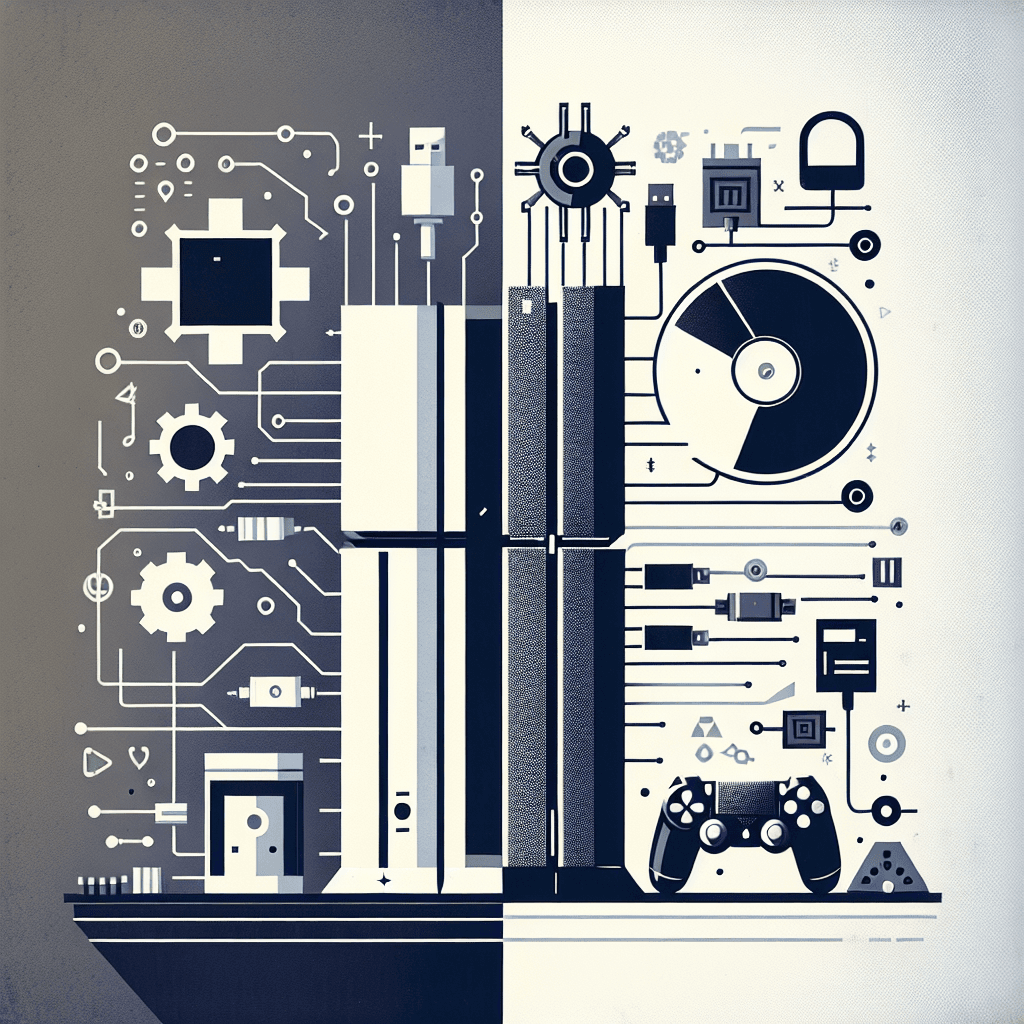console
Ubisoft Explains Switch 2 Game Key Card Use for Star Wars Outlaws Amid Technical Constraints
Ubisoft defends its use of game key cards for Star Wars Outlaws on Nintendo's Switch 2, citing the console's cartridge streaming speed limitations that necessitate SSD installation.
By Nokobot AI
Published September 9, 2025
3 min read

Nintendo’s Switch 2 console has faced criticism for its use of game key cards—physical cartridges that do not contain the full game but instead act as download keys. Ubisoft’s Star Wars Outlaws has become a notable example of this practice, sparking conversations about the limitations of Nintendo’s new hardware and the implications for game preservation and player ownership.
The controversy centers on the decision to ship Switch 2 versions of Star Wars Outlaws using these key cards instead of standard cartridges. According to Rob Bantin, the audio architect at Ubisoft working on the Snowdrop engine powering the game, the reason is a hardware limitation rather than mere cost-cutting. Bantin explained on social media that the Switch 2’s physical game cards do not provide fast enough streaming speeds to run the open-world game at the desired quality level. Specifically, the cards are capped at about 400MB/s transfer rates, while the console's internal SSD can achieve nearly 900MB/s. This discrepancy means that Star Wars Outlaws must be fully installed on the console’s SSD to function properly.
This technical hurdle is rooted in the game’s original design for platforms with fast SSDs such as PlayStation 5 and Xbox Series X|S. Ubisoft developed Star Wars Outlaws based on those SSD speeds before the Switch 2 was finalized. Bantin noted that had the game been built from the ground up for Switch 2, a different approach might have been possible. However, with the game’s release delayed until September 4, 2025—one year after its initial launch on other consoles—Ubisoft chose the game key card approach to maintain performance standards.
The use of game key cards—essentially plastic shells containing a digital download key—frustrates many players who expect a physical game to include tangible media. Further, the reliance on digital downloads raises concerns about long-term availability since Nintendo will eventually shut down its eStore servers, potentially rendering these physical copies unusable without internet access or alternative methods.
Despite these criticisms, Star Wars Outlaws on Switch 2 has shown respectable performance, maintaining a consistent 30 frames per second. The game includes two expansions, Wild Card and A Pirate’s Fortune, and represents one of the few third-party experiences that effectively scale down for Nintendo’s handheld hybrid console.
Industry observers highlight that while other large open-world games might face similar constraints on Switch 2, the scenario underscores a broader issue in game development: optimizing cross-platform releases where different systems have varying technical capabilities. Notably, other games such as Cyberpunk 2077 run successfully at the same 400MB/s rate on Switch 2 cartridges, suggesting that design adjustments can accommodate the hardware limits.
The debate over Switch 2’s physical media speed emphasizes the tension between cost, convenience, and technological performance in modern console gaming. While Ubisoft views its decision as a necessary compromise based on hardware realities, the move may pressure Nintendo and developers to innovate solutions that support more flexible game media management in future iterations.
In conclusion, Ubisoft’s explanation sheds light on an emerging challenge for Switch 2 developers who must navigate the hardware’s physical media limitations while delivering complex open-world titles. As the Switch 2 establishes its place in the console ecosystem, player expectations around physical ownership and game longevity will remain at the forefront of the discussion.


